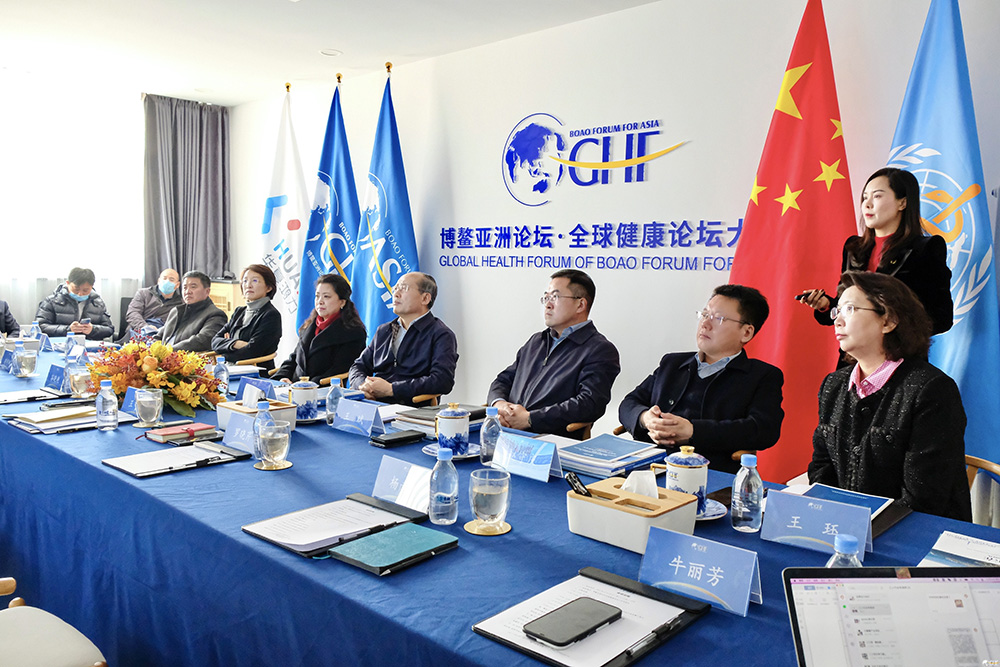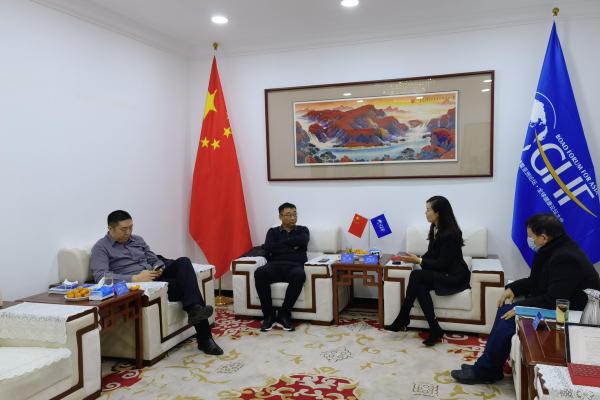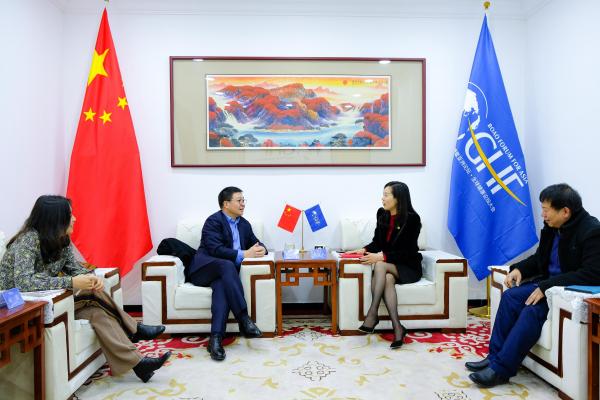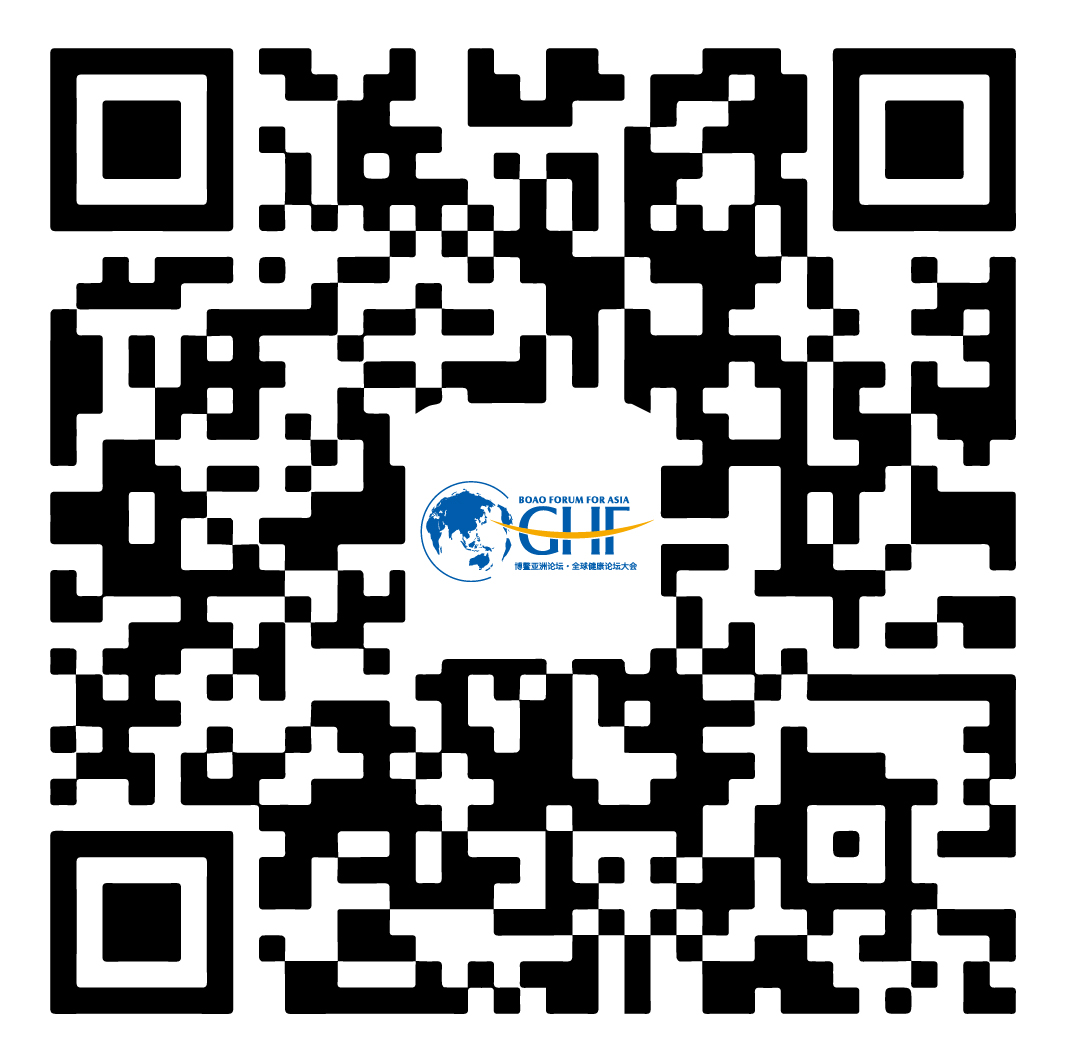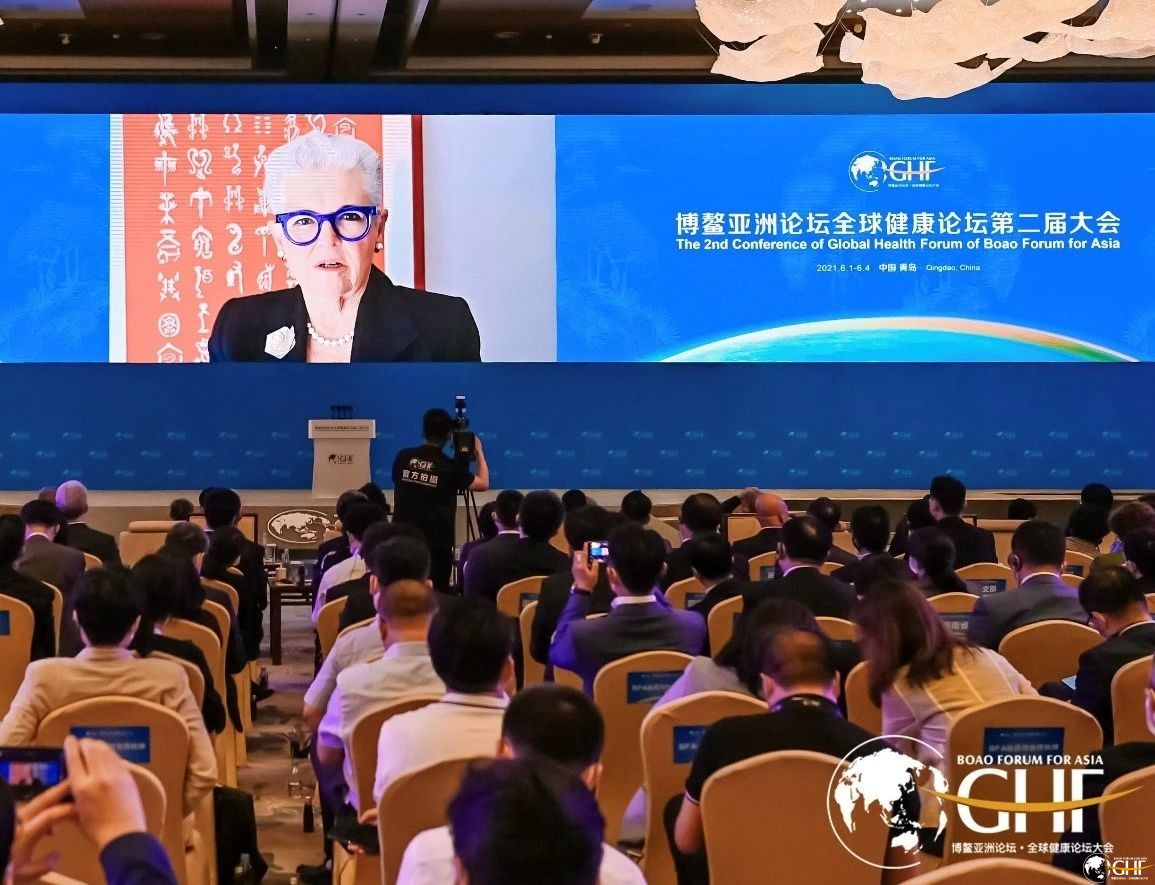
On June 2, Jenny Shipley, member of Board of Directors of BFA and former Prime Minister of New Zealand, addressed at the opening ceremony of the 2nd Global Health Forum.
Shipley said that themed on “Health beyong Health”, Boao Forum for Asia organizes Global Health Froum as another important initiative in implementing the sustainable development agenda 2030. It’s very urgent at this time, as we gather to consider so many wide topis that can contribute to “Health beyond Health”. And we also focus on the pandemic that occupied so much of our attention in the last two years. Obviously, the Chinese government, through its strict programs, has been able to bring it down in the control. And my country New Zealand has also made great efforts to protect the health and safety of our people.
There are previous pandemics that caused difficulties globally, but nothing exceeds the Covid-19. This conference allows us to spend time paying attention to what we’ve learned from the pandemic. It’s important to capture the knowledge, the science, the systems, the processes and why it is right or how it failed. No one’s got completely right. What we can do is to try to draw on the knowledges and start building up a database and systems. When we are in the future pandemics, we’ve got blueprints laid out the way we need to go.
The second thing we must do is how through multi-lateral systems eveybody is cared for. At the moment there is a worrying trend with the vaccine division between the developed and developing economies. It is a natural duty of governments to protect protect their people, but we also must allow eveybody of developed and developing economies to share the benefits of the new science, particularly the vaccines. There have been some important initiatives driven by a number of countries on how we can waive patents and move to a people’s vaccine concept. Many countries have scientific expertise in producing vaccines, but not all the countries are willing to put aside the patents and IP knowledge. If they do so, sufficient vaccines can be produced and distributed. The people’s vaccines moverment has gained momentum. As we know, the world economy will not be restored until we ensure that a herd of immunity has been gained across the sufficient of the globe.
The third thing that is important is to be science-based. One of the real disappointments over the last year is that Covid-19 has been politicized. There is no place for politicalization of global health crisis. This pandemic has demonstrated how quickly this can move, far more quickly than SARS or MERS, so we can’t afford to get into political debates. I hope this conference can talk about how we can build a multi-lateral and political consensus system where we are in global health issues and geo-politics is put aside. There is always a place for geo-political debate, but not in a health and pandemic context.
Finally, we need to turn our attention to how we face what is the next time of risks. There are many scientists around the world, including those in China, working on this issue. We need to build a platform for dialogue and cooperation to study future risks and how to prepare for them.
We need future science, AI, data systems and so on. We must overcome the anxiety of what they might be. The benefits of new knowledge far exceed the risks. It’s scientists to lead this, not political leaders. We also need to think about the impact of the social media, disinformation. We can grasp the benefits of new and future emerging knowledge and apply it to the challenge of human future.

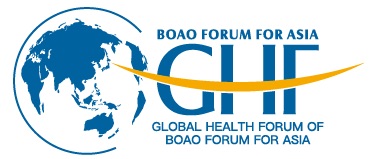

 Reports
Reports
 Partner application
Partner application Download
Download Hot News
Hot News
